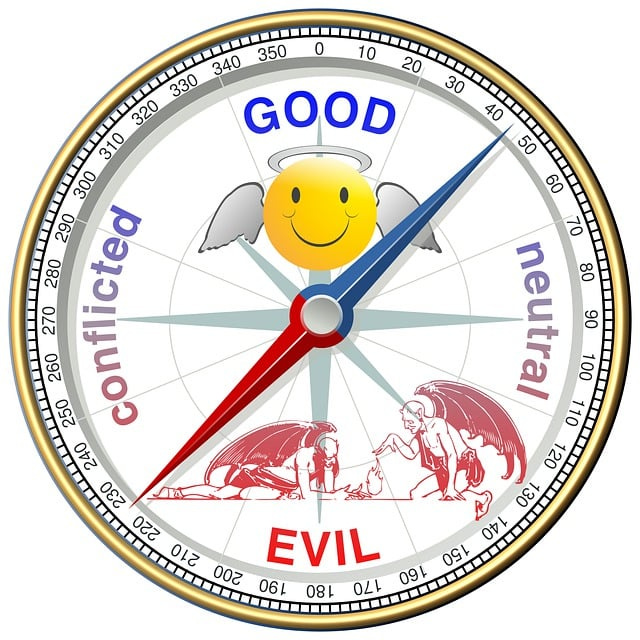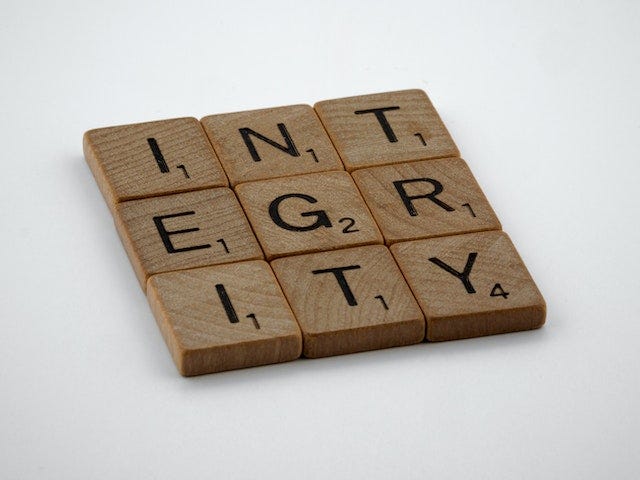'Emotional truths' from Hasan Minhaj discredit victims of xenophobia, racism
Indian Jussie Smollett was never who I expected 'The Daily Show' correspondent to become

Writer’s note on June 13, 2025: Every time I really try to be a fan of Hasan Minhaj’s work again, he always reminds me why it can’t happen for too long. A grown man refusing to let a woman (older or not) sit down because "I like my space" on a train when he owns not one damn seat is wildly corny. Then, he ignored 2nd Amendment Fan Boys who love murder far more than women like true crime. This is why I believe all the accusations about working for “The Patriot Act.” Not allowing a woman to sit down on a train is lame AF. Chivalry dies a slow death — and so does common decency for some. I tapped out for good.
Writer’s note on March 9, 2025: This may be one of my favorite Hasan Minhaj interviews. I was diehard about him on “The Patriot Act,” but he lost me for about a year after that "emotional truth" nonsense. And I hated the sexist questions directed at Senator Elizabeth Warren, as if she was too dainty to make war-related decisions. Neither former President Barack H. Obama nor Sen. Bernie Sanders were given this analysis. However, as a Chicagoan, I was ecstatic to see J.B. Pritzker on his YouTube channel. I rarely if ever see Pritzker interviews.) Someone on Bluesky accused me of getting paid to compliment Pritzker. As much as I complain about politicians I don’t like (read: Trump), no one has to pay me to speak about the politicians I do like. Kudos to Hasan for a job well done in this discussion (but not the Warren one).
ORIGINAL POST: October 13, 2023
I could’ve told a light-hearted story during an annual public speaking competition. I’d already gone through round one and done just that. But by the end of that speech, I kept thinking, “Nothing about this is memorable. Sure, it’s cute. But it doesn’t teach anything. No one walks away wanting to be a better person, self-evaluating their own behavior or making society better.”
So after learning the rules about whether I could change my focus, I switched my speech to another, darker story. A biracial co-worker, who had never regularly hung out with black people before, told me he was “sure you lied about half of that, but it was a good story” — as though lying about racism is my favorite form of entertainment. I was speechless. My second speech topic, my experience with being at risk of expulsion, was definitely true. I hoped others would be more open-minded. To my surprise, I won round two. But I started seeing noticeably uncomfortable faces in round three of the speaking competition.
ADVERTISEMENT ~ Amazon
As an Amazon Affiliate, I earn a percentage for every purchase with my referral link.
I was not surprised when I did not advance to the final competition. After all, a story about a racist professor isn’t going to get nearly the crowd reaction that the first-place winner’s story about dancing with James Brown would. When the third-place winner (an Indian lady) sat next to me after the competition and made a point of telling me she enjoyed my speech, I smiled politely and thanked her. Generally speaking, I’m not a sore loser. And minus the spousal abuse stories, I’m also a fan of James Brown! (Keezo Kane’s James Brown mix is one of my favorite to dance to at Chicago parties.) You win some, you lose some.
When I think back on that speech years later, I am still proud of it. I just wish I could’ve unheard the guy who accused me of lying about the entire experience. What could I possibly gain at lying about a story related to blatant racism against me? Doing that would not only discredit me but also make other people who have gone through similar experiences be looked at skeptically. Who would even think to do that? My mindset on this is why I still scratch my head at Jussie Smollett’s lawsuit and, more recently, former “Patriot Act” host and comedian Hasan Minhaj’s “emotional truths.”
ADVERTISEMENT ~ Amazon
As an Amazon affiliate, I earn a percentage from purchases with my referral links. I know some consumers are choosing to boycott Amazon for its DEI removal. However, after thinking about this thoroughly, I choose to continue promoting intriguing products from small businesses, women-owned businesses and (specifically) Black-owned businesses who still feature their items on Amazon. All five of my Substack publications now include a MINIMUM of one product sold by a Black-owned business. (I have visited the seller’s official site, not just the Amazon Black-owned logo, to verify this.) If you still choose to boycott, I 100% respect that decision.


What the hell is Hasan Minhaj trying to prove?
Up until he was a guest host of “The Daily Show,” I was a huge fan. I loved his Netflix news show and all of his standup specials. I thought he was funny, charismatic, relatable and a much-needed voice within the Asian (and Millennial) community. But watching him parade around with all the theatrics and the long, drawn-out speech on quitting Twitter felt lame. I was sitting at home wondering “What the hell happened to my Netflix guy? What happened to the handsome guy with the hilarious YouTube channel during COVID-19? Who is this melodramatic mo’ fo’?”

That week, it seemed like he just wanted attention instead of doing the actual job of a late-night comedy host. He somehow made every news story revolve around him. I guess I should’ve seen the signs, after he openly admitted his thirst for social media likes during “The King’s Jester.” Still, I couldn’t imagine anyone lying about xenophobia, terrorist accusations, anthrax or even how racism got him rejected at prom. Why on Earth would anybody lie about experiences like that? To my amazement, Indian Jussie Smollett did — and keeps defending his “emotional truths.”




